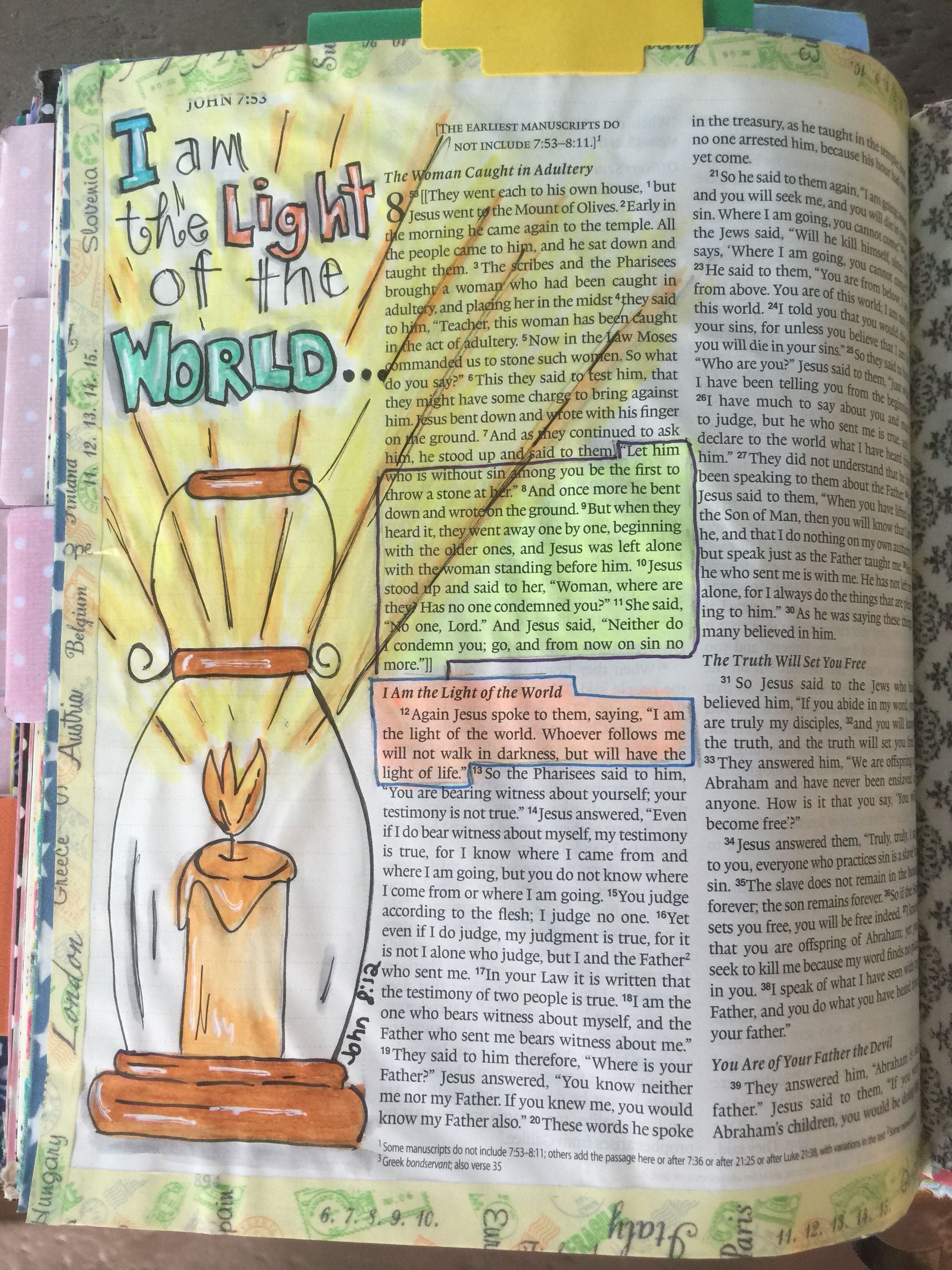
John Outline
I. Introduction and
Prologue (John 1:1-18)
A. The Preexistent Word (John 1:1-5)
B. John the Baptist's Witness to the Light (John 1:6-13)
C. The Incarnation of the Word (John 1:14-18)
II. The Public
Ministry and Miracles of Jesus (John 1:19 - 12:50)
A. Early Ministry and Disciples Called (John 1:19 - 2:25)
1. John the Baptist's Testimony and
Baptism of Jesus (John 1:19-34)
2. Calling of the Disciples (John
1:35-51)
3. Miracle at the Wedding in Cana
(John 2:1-11)
4. Cleansing of the Temple (John
2:12-25)
B. Conversations and Miracles in Judea and Samaria (John 3:1 - 4:54)
1. Nicodemus and Born Again (John
3:1-21)
2. John the Baptist's Final
Testimony (John 3:22-36)
3. Samaritan Woman at the Well (John
4:1-42)
4. Healing of the Official's Son
(John 4:43-54)
C. Healing and Conflicts in Jerusalem (John 5:1 - 10:42)
1. Healing at the Pool of Bethesda (John
5:1-18)
2. Jesus' Authority and Witness
(John 5:19-47)
3. Feeding of the Five Thousand
(John 6:1-15)
4. Bread of Life Discourse (John
6:16-71)
5. Healing of the Blind Man (John
9:1-41)
6. Good Shepherd and Unbelief (John
10:1-42)
D. Raising of Lazarus and Approaching Conflict (John 11:1 - 12:50)
1. Raising of Lazarus (John 11:1-57)
2. Plot to Kill Jesus (John
11:45-57)
3. Anointing at Bethany (John 12:1-11)
4. Triumphal Entry into Jerusalem (John
12:12-19)
5. Greeks Seek Jesus (John 12:20-36)
6. Unbelief and Judgment (John
12:37-50)
III. The Passion and
Resurrection of Jesus (John 13:1 - 21:25)
A. The Farewell Discourse and Upper Room Events (John 13:1 - 17:26)
1. Washing of the Disciples' Feet
(John 13:1-20)
2. Prediction of Betrayal (John
13:21-38)
3. Comforting the Disciples (John 14:1-31)
4. The Vine and the Branches (John
15:1-27)
5. The Promise of the Holy Spirit
(John 16:1-33)
6. Jesus' Prayer for His Disciples
(John 17:1-26)
B. The Passion, Crucifixion, and Burial (John 18:1 - 19:42)
1. The Betrayal and Arrest (John
18:1-14)
2. Peter's Denial (John 18:15-27)
3. Jesus Before Pilate (John 18:28 -
19:16)
4. Crucifixion, Death, and Burial
(John 19:17-42)
C. The Resurrection and Post-Resurrection Appearances (John 20:1 - 21:25)
1. Resurrection and Mary Magdalene's
Encounter (John 20:1-18)
2. Appearances to the Disciples
(John 20:19-29)
3. Jesus and Peter (John 21:1-25)





